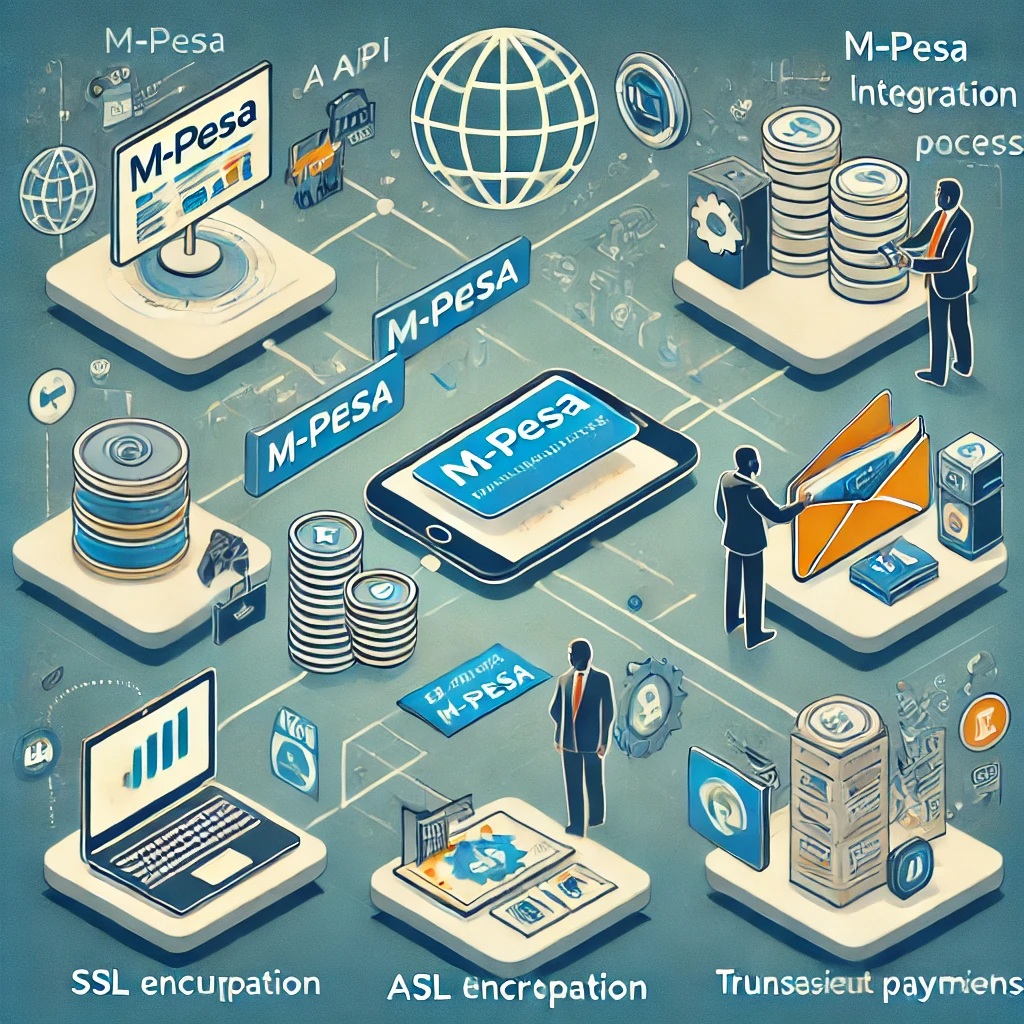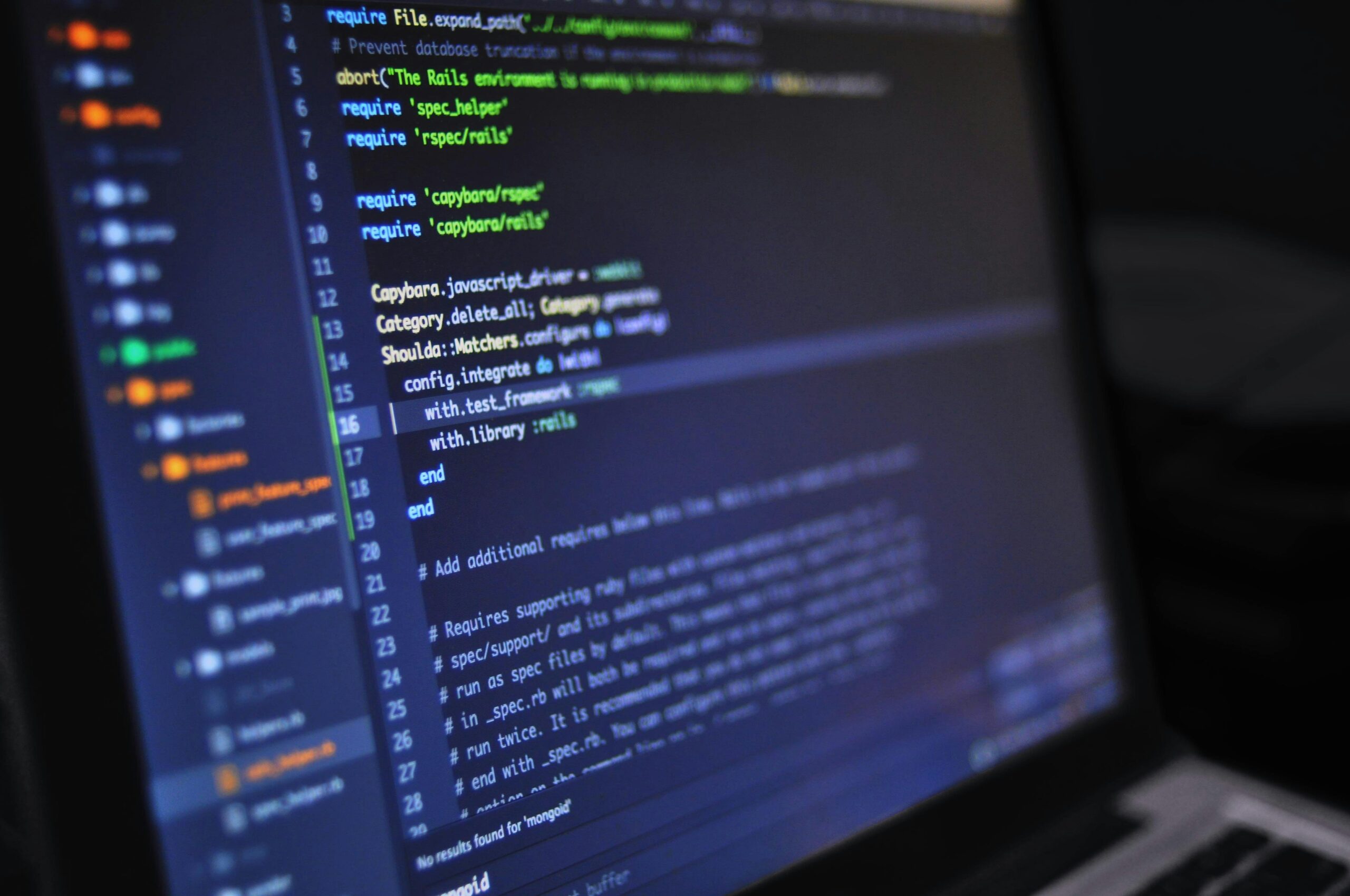No products in the cart.
AI’s Revolutionary Inventions in America
Artificial Intelligence (AI) has been a game-changer in almost every sector of the economy. And the United States has been at the forefront of its development and implementation. As a result, the country has seen a significant transformation in industries such as healthcare, automotive, education, retail, and defense. AI’s applications is revolutionizing processes and systems. Thus making them more efficient, accurate, and cost-effective.
AI’s Revolutionary Inventions in America
Artificial intelligence (AI) has been a revolutionary technology in America, transforming industries and changing the way we live and work. From self-driving cars to personalize healthcare solutions, AI has had a profound impact on our daily lives, and its adoption is set to continue. As one of the world’s leading technological hubs. America has been at the forefront of AI innovation. With companies such as Google, Amazon, and Microsoft investing heavily in AI research and development.
AI is a technology that enables machines to learn from data and improve their performance over time. It has the potential to automate many tasks that were previously performed by humans, making processes more efficient, accurate, and cost-effective. AI is already being used in industries such as healthcare, automotive, retail, education, and defense, with new applications emerging all the time.
In this blog post, we will explore some of the ways that AI has revolutionized different industries in America. We will examine the role of AI in automotive manufacturing. Where it has enabled companies to improve efficiency and safety. We will also look at AI-powered healthcare solutions. Which have the potential to transform patient care and outcomes. In addition, we will discuss machine learning and the future of retail, AI-driven education solutions, and the pros and cons of autonomous weaponry. Through these examples, we will see how AI is transforming industries and shaping the future of America.
Introduction to Artificial Intelligence
AI is a technology that enables machines to perform tasks that typically require human intelligence, such as speech recognition, decision-making, and visual perception. The technology has been in development for decades, but it was not until recently that AI has been gaining significant traction due to advancements in computing power, big data, and machine learning.
AI has numerous applications in different industries, and its adoption in America has been significant. Companies such as Google, Amazon, and Microsoft have invested heavily in AI, and their products and services have been at the forefront of AI development and application.
AI’s Role in Automotive Manufacturing
One of the most significant impacts of AI in America has been in the automotive industry. AI-powered robots has been transforming the manufacturing process. Making it more efficient, accurate, and cost-effective. According to a report by McKinsey, AI could reduce automotive manufacturing costs by up to 20%.
AI-powered robots have been programmed to perform various tasks, such as welding, painting, and assembly. These robots can work for long hours without getting tired, and they can perform tasks with a high degree of accuracy. In addition, they can be programmed to work in hazardous environments, reducing the risk of injury to human workers.
Tesla, a leading electric car manufacturer, has been at the forefront of AI-powered automotive manufacturing. The company uses AI-powered robots to assemble its electric vehicles, and the process has been so successful that Tesla is now the most valuable car company in the world.
AI-Powered Healthcare Solutions
AI has also been transformative in the healthcare industry in America. The technology is significant in developing solutions that improve patient outcomes and reduce healthcare costs. AI-powered systems can analyze vast amounts of data, such as patient records and medical literature, to develop personalized treatment plans for patients.
One example of an AI-powered healthcare solution is IBM’s Watson Health. The system uses AI to analyze medical records and provide physicians with personalized treatment options for their patients. The system can also analyze medical literature to identify potential drug interactions and other risks.
Another example is Google’s DeepMind Health. The system uses machine learning to analyze medical images and provide physicians with more accurate diagnoses. The system has been used to diagnose conditions such as breast cancer and diabetic retinopathy.
Machine Learning and the Future of Retail
AI’s impact on the retail industry has been significant in America. Machine learning, a subfield of AI, is a sigificant tool in developing solutions that improve the shopping experience for customers and increase sales for retailers.
Machine learning algorithms can analyze customer data, such as purchase history and browsing behavior, to develop personalized recommendations for products. This approach has been successful, with companies such as Amazon and Netflix using machine learning to recommend products and movies to their customers.
In addition, AI-powered chatbots have been developed to improve customer service. These chatbots can answer customer queries in real-time, reducing the need for human customer service representatives. The use of chatbots has been successful, with companies such as H&M and Sephora using them to improve customer experience.
AI-Driven Education Solutions
AI has also been transformative in the education industry in America. The technology is significant in developing solutions that improve student outcomes and reduce the cost of education.
One example of an AI-driven education solution is Carnegie Learning. The system uses machine learning to provide personalized learning experiences for students. The system can analyze student data, such as their performance on assignments and tests, to develop personalized study plans for each student. This approach has been successful, with studies showing that students who use Carnegie Learning perform better than those who do not.
Another example is Coursera, an online learning platform that uses AI to personalize the learning experience for students. The platform can analyze student data, such as their learning pace and preferences, to provide them with personalized feedback and support. This approach has been successful, with millions of students around the world using Coursera to learn new skills and advance their careers.
Autonomous Weaponry: Pros and Cons
While AI has had numerous benefits in different industries, its use in autonomous weaponry has raised ethical concerns. Autonomous weapons are weapons that can operate without human intervention, and their use has been controversial due to the potential risk of unintended harm and loss of control.
On the one hand, autonomous weaponry can reduce the risk of harm to human soldiers by allowing them to engage in combat from a safe distance. In addition, autonomous weapons can be more precise than human-operated weapons, reducing the risk of collateral damage.
On the other hand, the use of autonomous weaponry raises ethical concerns about the potential loss of control and unintended harm. If autonomous weapons malfunction or are hacked, they could cause unintended harm to civilians or friendly forces. In addition, their use could potentially escalate conflicts, making it harder to achieve peaceful resolutions.
Conclusion
AI has been a revolutionary technology in America, transforming industries such as healthcare, automotive, retail, education, and defense. AI-powered solutions have improved efficiency, accuracy, and cost-effectiveness, and their adoption is set to continue. While AI’s use in autonomous weaponry has raised ethical concerns, its benefits in other industries have been significant, and its impact on society is likely to continue to grow in the future.





